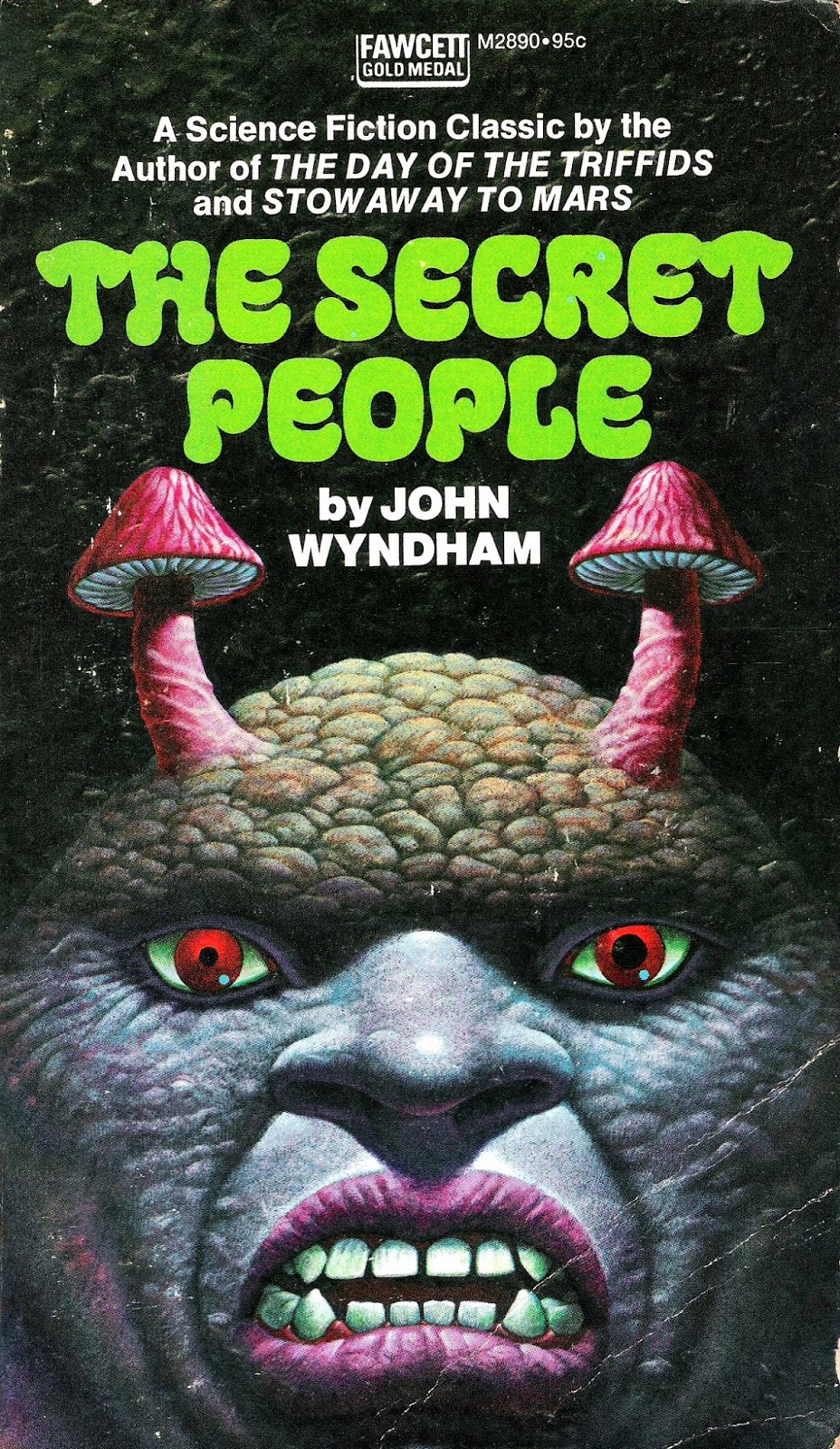

Wyndham’s books continue to appear on school syllabuses in the UK (“Wyndham, John"). It is a collection of four linked short stories about different members of the Troon family and their different parts in mankinds exploration of space. He also published The Kraken Wakes (1953) and The Midwich Cuckoos (1957), the latter of which was adapted multiple times into movies (“Wyndham, John"). The Outward Urge is a Science Fiction novel published as being co-written by John Wyndham & Lucas Parkes, but they were different pen-names for the same writer.

The Chrysalids, released in 1955, is generally considered one of his best novels. Wyndham published his first novel, The Day of the Triffids, in 1951 it tells a story of a society that is all simultaneously blinded while also being taken over by carnivorous plants. HG Wells was a major influence on Wyndham, and their novels are often compared to one another (“Wyndham, John (John Beynon Harris)”). These works fit into the genre of Scientific Romance, a genre shaped by HG Wells (“Wyndham, John"). He worked during the war as a government censor for the Ministry of Information.Īfter World War II, the author began writing under the pen name John Wyndham. He continued writing until 1939, when World War II came to Britain. He tried a number of careers including farming, law. His first novel was The Secret People (1935), a juvenile science fiction novel set in an underground world (“Wyndham, John"). THE SECRET PEOPLE John Wyndham Parkes Lucas Beynon Harris was born in 1903, the son of a barrister. After trying a few careers, including farming, law, art, and advertising, he began writing in 1925 in 1931 he began selling his short stories to American science-fiction pulp magazines under the pen name John Beynon or John Beynon Harris.

He was then sent to a private boarding school, the Bedales School in Hampshire. When he was 8 years old his parents divorced. He grew up in the Birmingham suburb of Edgbaston. John Wyndham was born John Wyndham Parkes Lucas Beynon Harris in England in 1903.


 0 kommentar(er)
0 kommentar(er)
